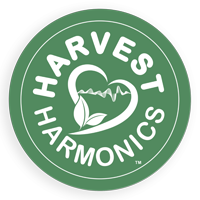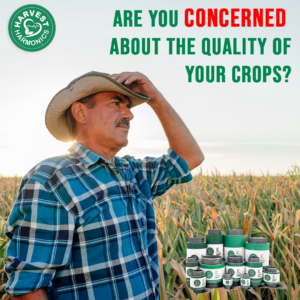Explore Harvest Harmonics Blog
Explore Harvest Harmonics blog for insights on sustainable agriculture, crop yield improvement, and the innovative Kyminasi Plants Crop Booster technology
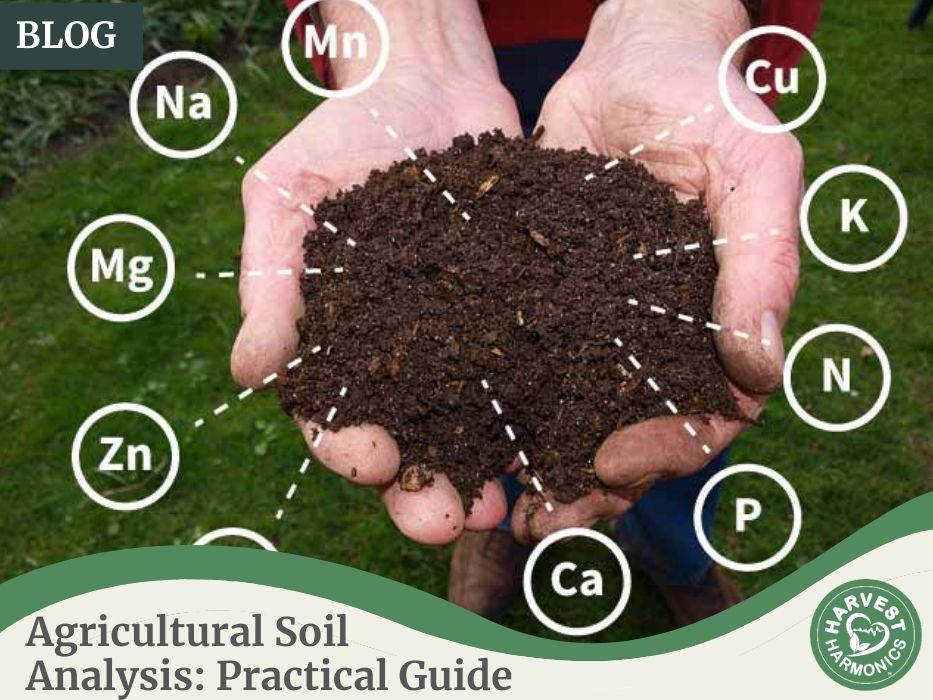
Agricultural Soil Analysis: Practical Guide
We know that many farmers are concerned about good fertilization. To achieve this, analyzing agricultural soils at the beginning of the campaign is very important. For this reason, in this article, we will talk about soil analysis: how to do it, how often, what parameters to analyze and how to interpret the results.
Agricultural soil analysis
The analyzes of the...
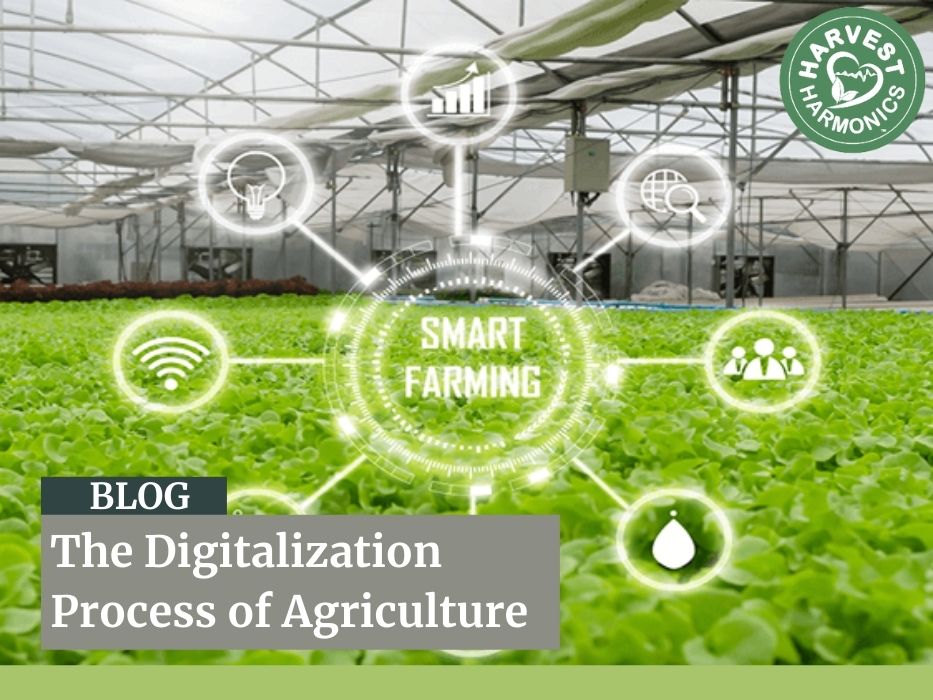
The Digitalization Process of Agriculture
In recent years, technology has allowed digitization in all work areas. The primary sector is no stranger to technological changes and has also been immersed in digitization.
The digitization of agriculture was born in order to save and improve the handling, management, parameterization and quality of life in general for farmers. In this post we are going to see how...
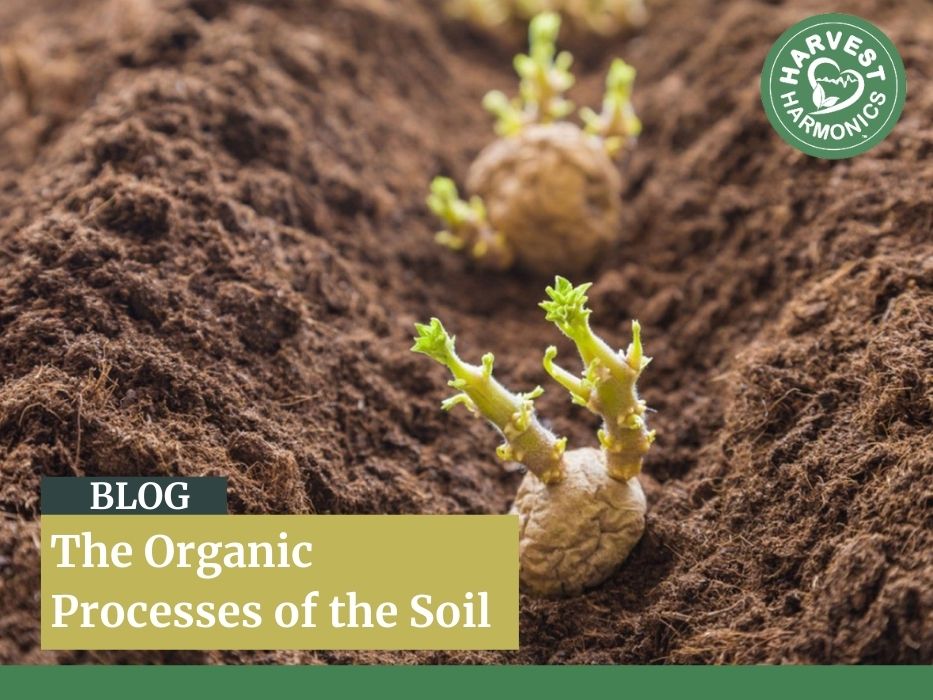
The Organic Processes of the Soil
Soils are characterized by being poor in nutrients or presenting deficiencies in some of them, so the maintenance of high levels of organic matter contributes through biological cycles, to constitute a biodeposit of nutrients, as well as to contribute to the capacity of cation exchange.
The productivity of a sustainable agricultural system is closely linked to the magnitude...
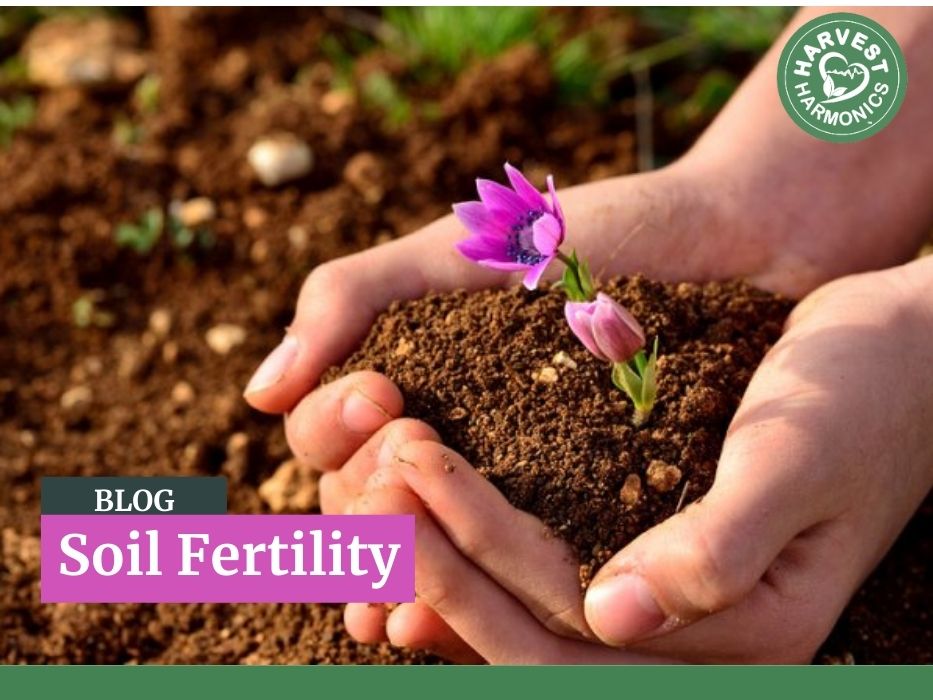
Soil Fertility
Three nutrients are recognized from the quantitative point of view as main: nitrogen (N), phosphorus (P) and potassium (K), followed by sulfur (S), calcium (Ca) and magnesium (Mg) as secondary elements and another group of which plants need only small amounts and are known as trace elements; iron (Fe), zinc (Zn), manganese (Mn), copper (Cu), boron (B) and molybdenum (Mo)....
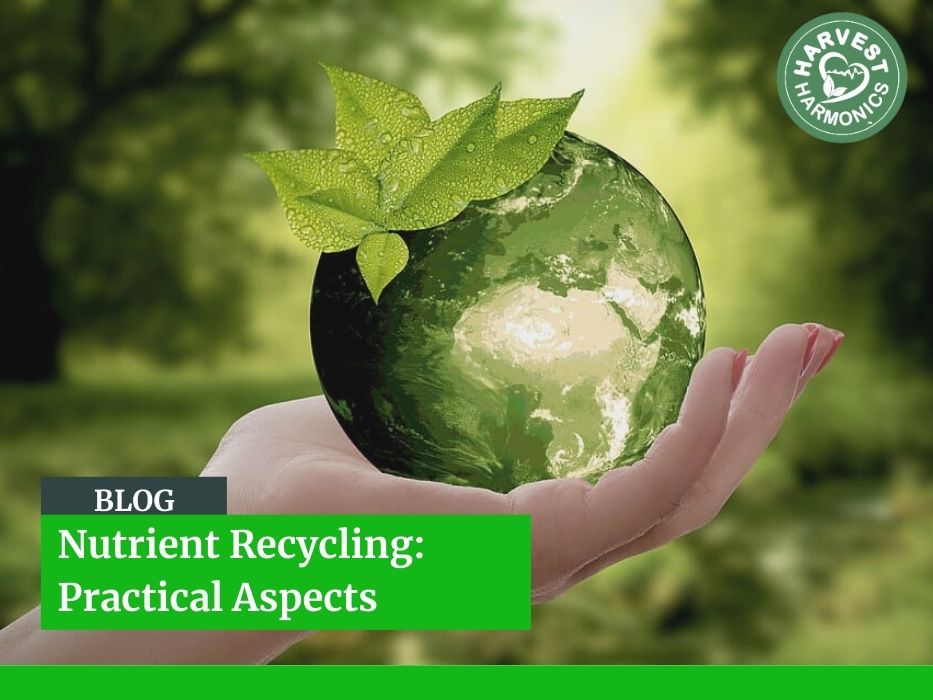
Nutrient Recycling: Practical Aspects
The soil system is complex, dynamic and diverse, in it are mineral substances, gaseous elements and a large number of living and decomposing plant and animal organisms.
Soil organic matter influences almost all important properties that contribute to soil quality, despite representing a small percentage of the weight of most soils (1% – 6%). The quality and quantity...
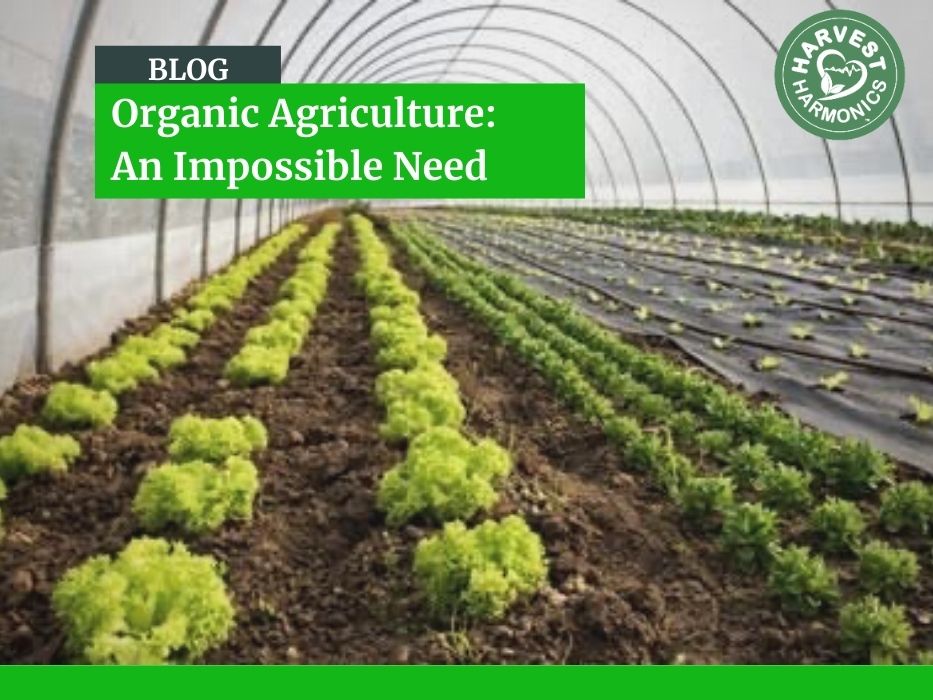
Organic Agriculture: An Impossible Need
Among the most significant demands and mandates that are being received by research institutions, technology transfer centers, municipal organizations, non-governmental organizations and international cooperation agencies, is the development and transfer of appropriate technology. for food production in cities or their peripheries. Within this context, the generation and...
